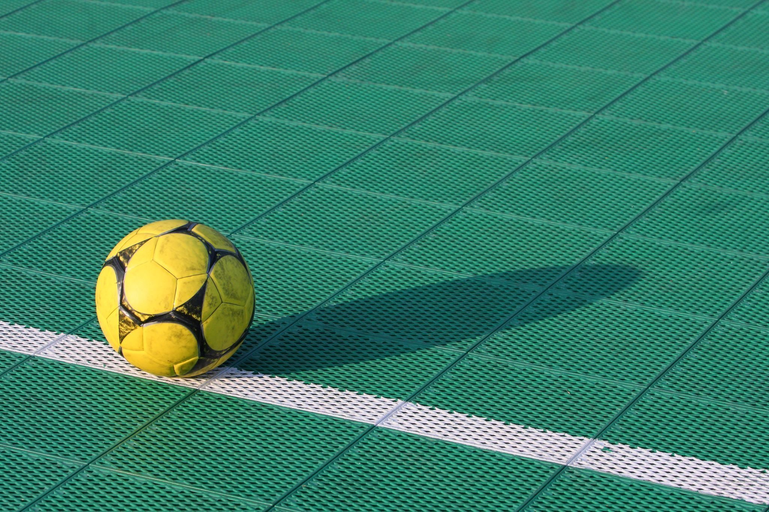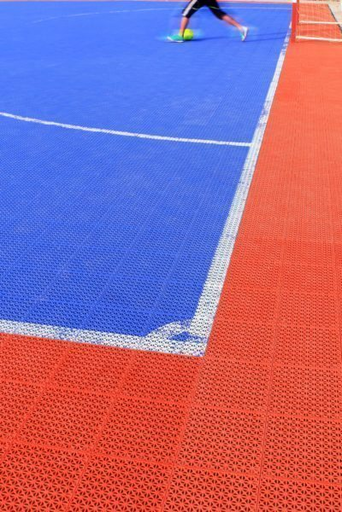
PVC, vinyl, polypropylene, who is supposed to know? All are plastics and all are used for the production of floor coverings, but what differs is their price. They also have different properties and again the well-known rule applies that the cheapest solution is not necessarily the smartest.
We will not concern ourselves with the difference between PVC and vinyl, because it is essentially the same. PVC is the abbreviation for the word polyvinyl chloride, so vinyl is the middle part. The name of PVC is usually used for flooring in rolls, under vinyl you should then imagine the same flooring sold in tiles of different sizes. It must be stressed, however, that this is only a habit that does not always have to be followed.

Polypropylene is a completely different material, but so that it is not so simple, floor tiles are also made from it (as from vinyl). Those made of polypropylene use a different click system, but far more important are the different properties of both materials. They are both thermoplastics, but they have different durability and other attributes. So how do polypropylene tiles differ from those made of vinyl?
Polypropylene has a more complicated click system
If we start from the habit that PVC are rolls and vinyl tiles, we can say that vinyl tiles are simply laid like a puzzle, the tiles fit exactly into each other by their click system. Plastic tiles made of polypropylene have two different click systems. On two sides are so-called male locks on the other two female, which fit into each other. After laying the difference is no longer visible, but when laying it must be taken into account. It does not matter how the tile is turned.
Vinyl tiles withstand a higher load
If we take a closer look at PVC and PP tiles, we probably notice that vinyl tiles are usually smooth, and polypropylene tiles usually have a grid structure. This is due to the character of both materials, which determines how they can be shaped. Vinyl tiles therefore withstand higher loads and also have better impact resistance. Polypropylene is more brittle, for example, can damage it even a dropped hammer.
Many people think that the grooves on the bottom of polypropylene tiles are intended for moisture drainage, but this is not the case. They have no other meaning than that this material can be shaped so better, and also used less - the result will be cheaper.
Polypropylene is suitable for sports fields

PVC tiles can be bent, they have more of a rubber structure, polypropylene tiles are harder. This is due to the aforementioned brittleness and strength, but a big difference is the feeling when standing on such a floor. PVC tiles are used in shops, gyms, doctors' surgeries and canteens because they are softer. Polypropylene is also used a lot as flooring in sports fields, stadiums, gyms, etc., but unlike PVC, it is not suitable for children's playrooms because of its hardness.
PVC and PP are excellent at resisting chemicals, oils, salts in winter and also water. That is why both materials are often used in garages and workshops.
Vinyl is quieter
Vinyl flooring is known by the fact that it perfectly absorbs sound. This results from the properties we have already talked about - the flexibility and the softness. The tiles are soft, adapt to the floor and dampen the sounds when driving or walking. Polypropylene does not dampen, on the contrary it makes noise itself when you walk on it. If the subfloor is not level, the tiles move and rattle. Of course, this can be prevented by levelling the subfloor well, for example with self-levelling compound.
So which is better for your needs?
It depends on where the floor is laid. The differences between these two materials can be summarised quite simply. For an average garage, where low price is the main consideration, polypropylene tiles can be used. But if you need durability for heavier use or a floor in a room where you frequently walk, PVC (or vinyl, it depends on what you call it) is more suitable.
